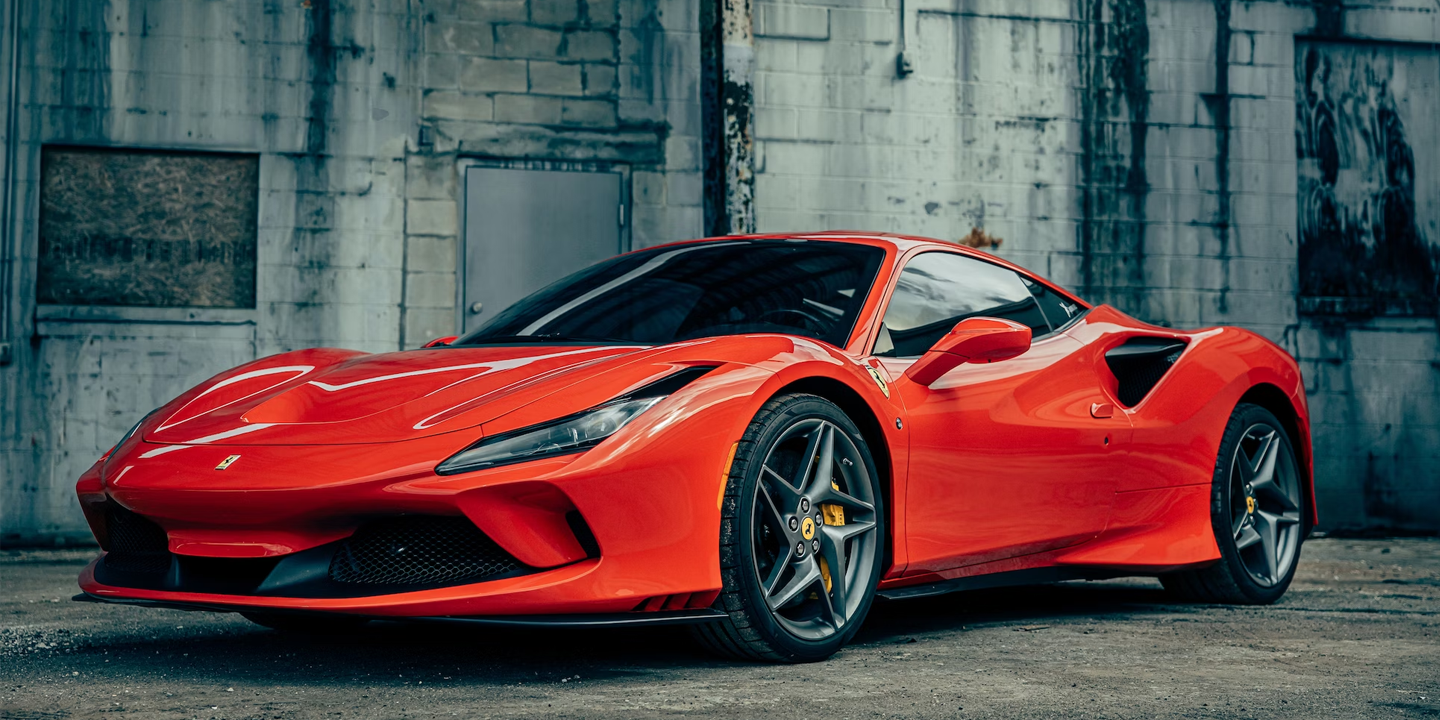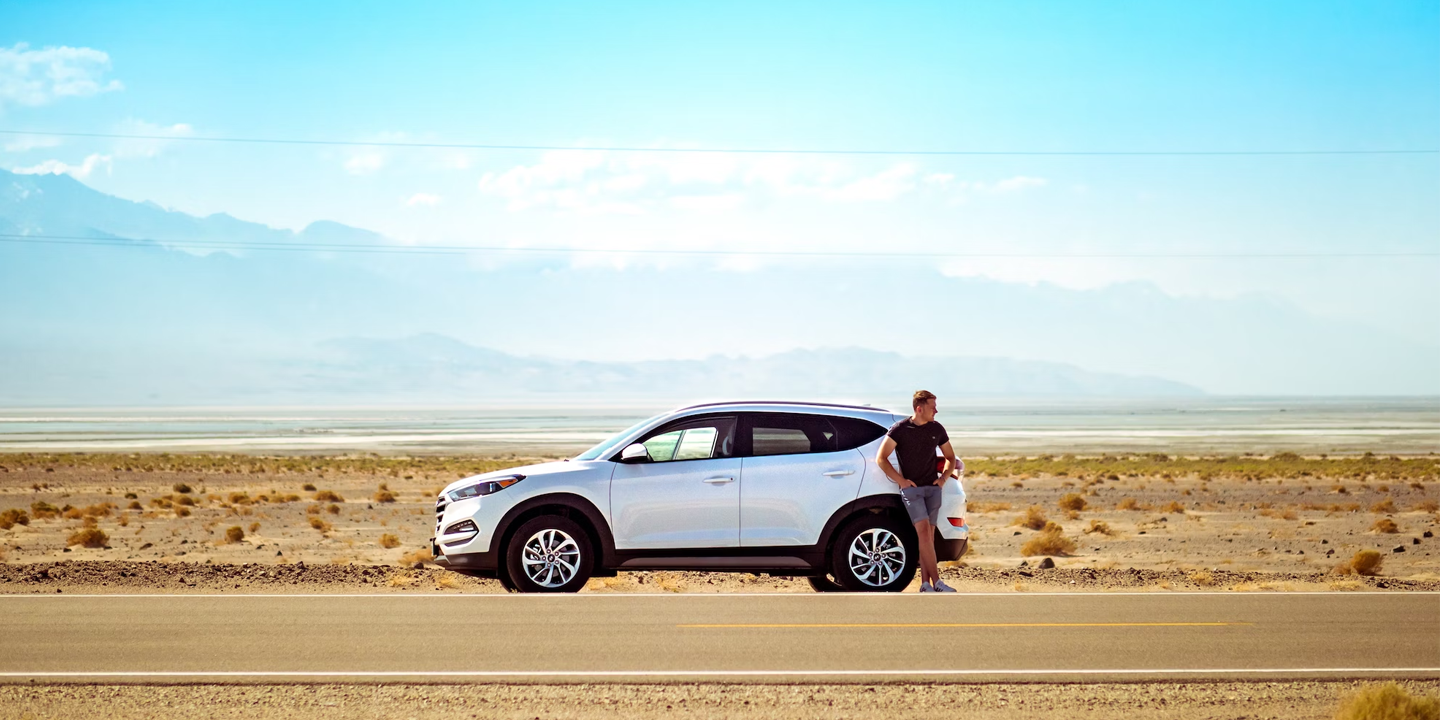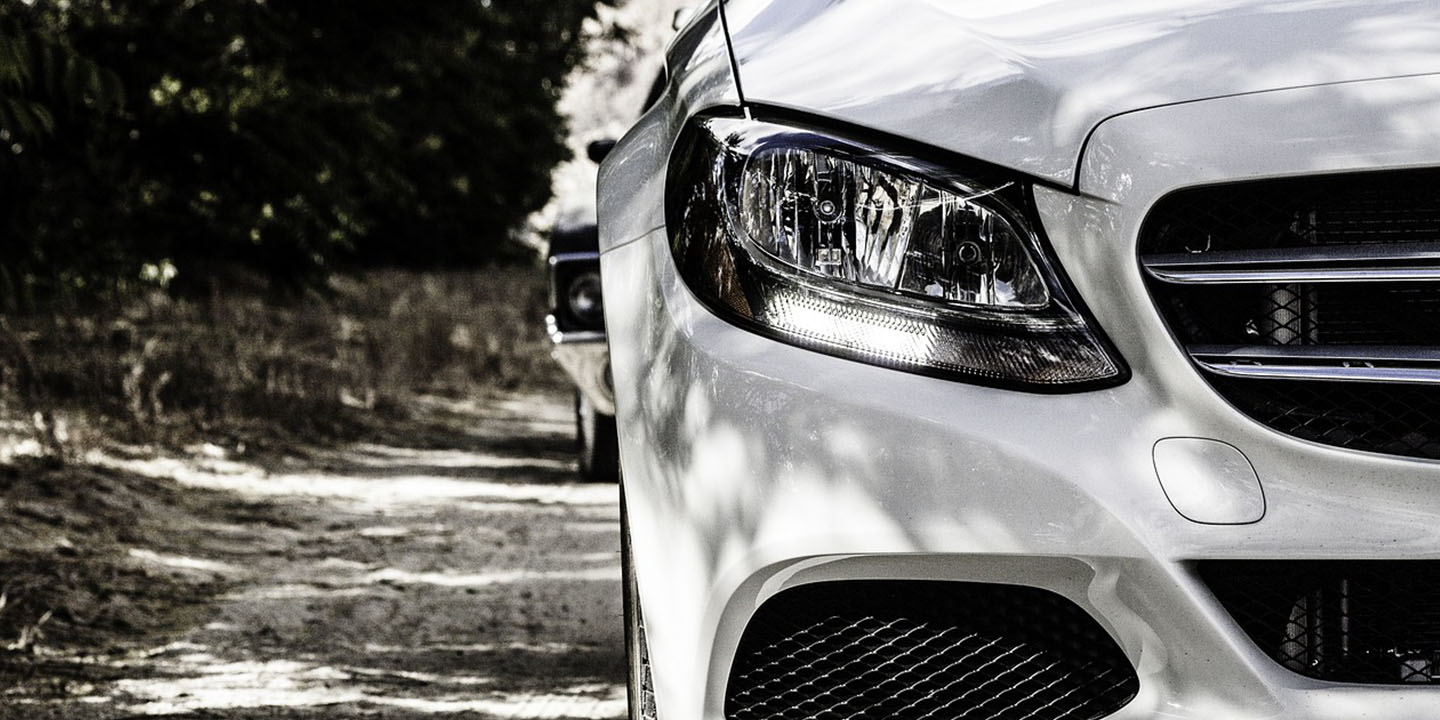In the dazzling world of automobiles, everyone has probably dreamed once in their life of owning the fanciest Lamborghini or the stylish Ferrari. That’s because luxury cars are a beacon of status, sophistication, and technological prowess. However, the dreamy allure of owning such a high-end vehicle often overshadows the harsh realities. While sure, these cars are prestigious symbols of wealth, they come with a set of disadvantages that may make you reconsider your investment. Below, we explore 15 often overlooked downsides to owning an expensive luxury car, spotlighting the less glamorous side of high-end motoring.
1. Sky-High Maintenance Costs
Regular maintenance and servicing of a luxury car can cost a small fortune. The expenses for oil changes, tire rotations, and regular tune-ups can far exceed those for ordinary vehicles. This is mostly due to the complexity of their high-end engines and systems, along with the demand for specialized mechanics and costly replacement parts.
 Photo by Dmitry Demidko on Unsplash
Photo by Dmitry Demidko on Unsplash
2. Exorbitant Insurance Premiums
Given their high value and expensive repair costs, it shouldn’t come as a surprise to learn that luxury cars typically come with much higher insurance premiums than standard vehicles. Insurance companies consider numerous risk factors like theft, collision costs, and the driver’s experience. The sum of all these considerations usually translates to much heftier monthly payments. Photo by Towfiqu barbhuiya on Unsplash
Photo by Towfiqu barbhuiya on Unsplash
3. Rapid Depreciation
Like all automobiles, luxury cars are still depreciating assets. However, high-end cars actually depreciate faster than their mainstream counterparts, especially in their first few years. This rapid level of depreciation can significantly impact your investment, leaving you with a vehicle worth far less than you initially paid.
![]() Photo by Obi - @pixel7propix on Unsplash
Photo by Obi - @pixel7propix on Unsplash
4. Limited Fuel Efficiency
If you’re driving a luxury vehicle, you might want to limit how many cruises you go on. These high-end cars are notorious for their gas-guzzling tendencies. While they offer drivers unparalleled performance and comfort, they often lack the fuel efficiency of their less-desired counterparts. All this means is that your fuel expenses are likely going to skyrocket in the long term. Just be prepared to pay for gas more than ever before!
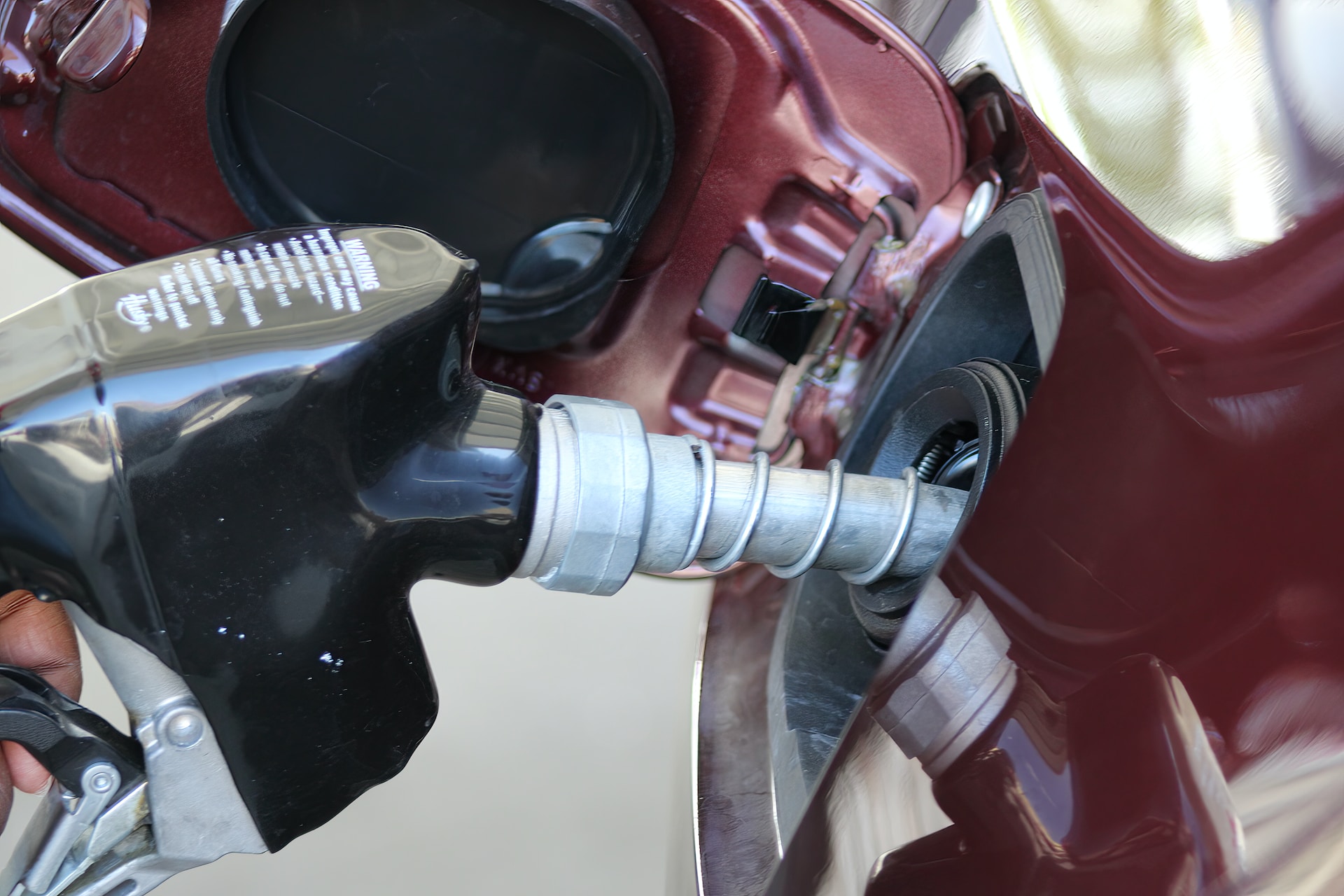 Photo by Dawn McDonald on Unsplash
Photo by Dawn McDonald on Unsplash
5. High-End Repair Costs
The cost of repairing a luxury car after an accident or system failure can be astronomical. Since these vehicles typically utilize high-end, proprietary parts, the price for replacement components is significantly higher than for regular cars. In addition, specialized labour costs for technicians trained to work on these intricate vehicles can quickly add up and add even more to your overall costs.
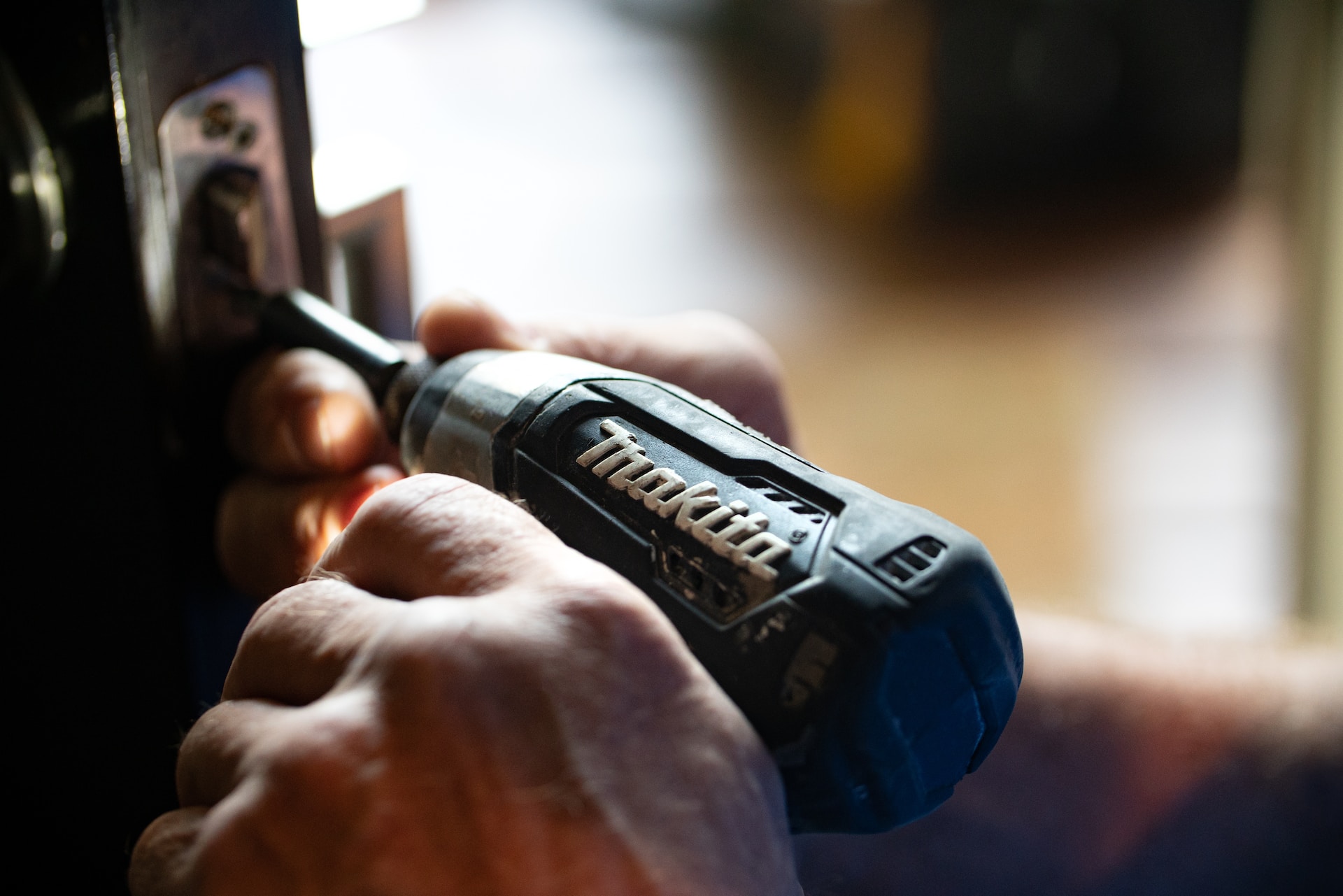 Photo by Theme Photos on Unsplash
Photo by Theme Photos on Unsplash
6. Theft Attractiveness
If luxury cars appeal to you, then it only makes sense that they appeal to everyone else too, including thieves. Due to their impressive value, luxury cars are often prime targets for thieves. The likelihood of your vehicle being stolen or broken into can dramatically increase your stress levels, not to mention potentially increasing your already high insurance premiums. Although security measures can be installed, it will only add to the total cost ownership at the end of the day.
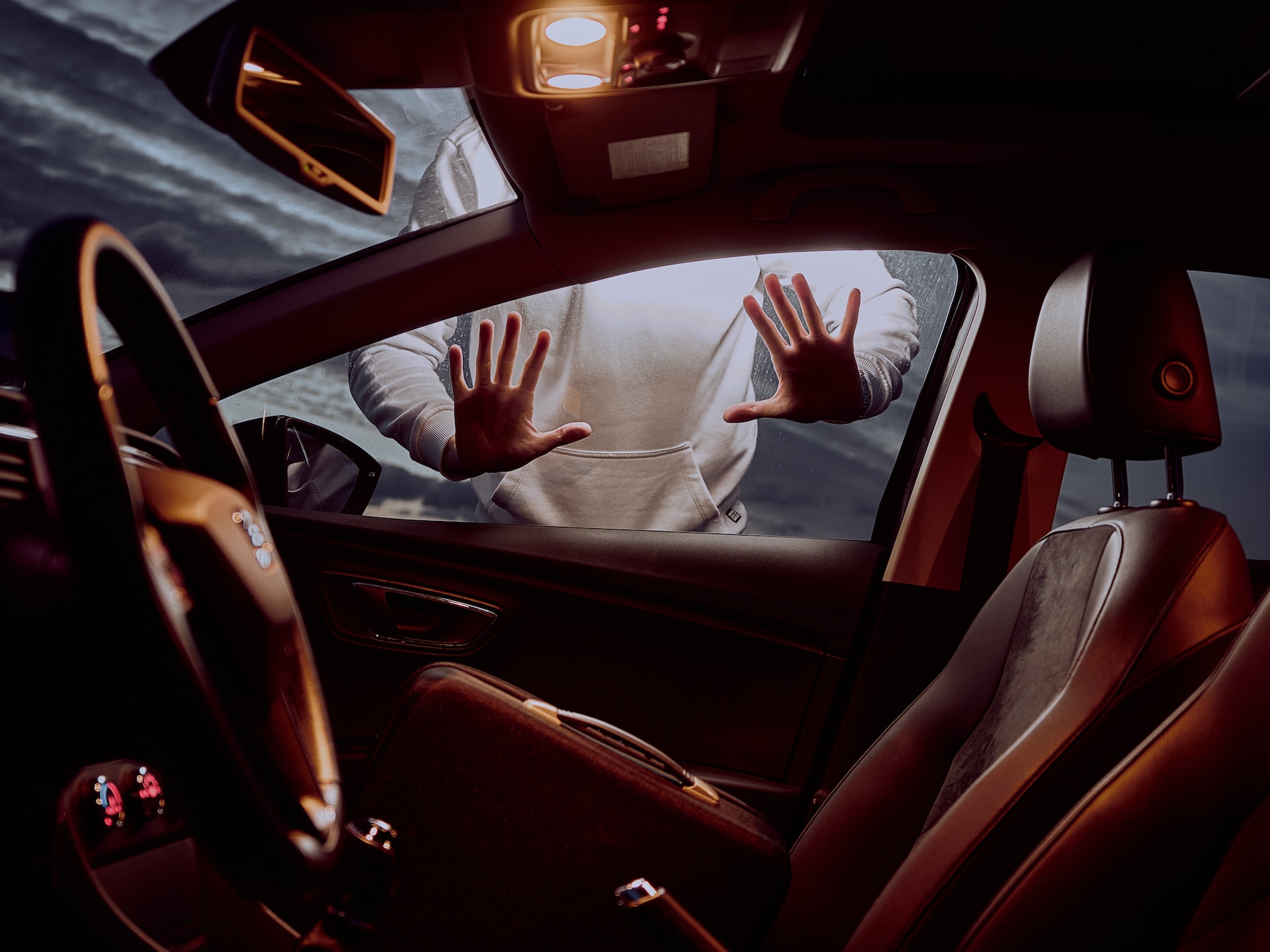 Photo by Bastian Pudill on Unsplash
Photo by Bastian Pudill on Unsplash
7. Limited Practicality
Luxury cars tend to prioritize comfort, performance, and design over practicality. While they’re often equipped with the latest cool features and technology, these vehicles may not provide as much interior space or cargo room as a more practical, albeit less glamorous, family car or SUV. Because let’s be honest, you’re not picking up your kids from school in a Lamborghini.
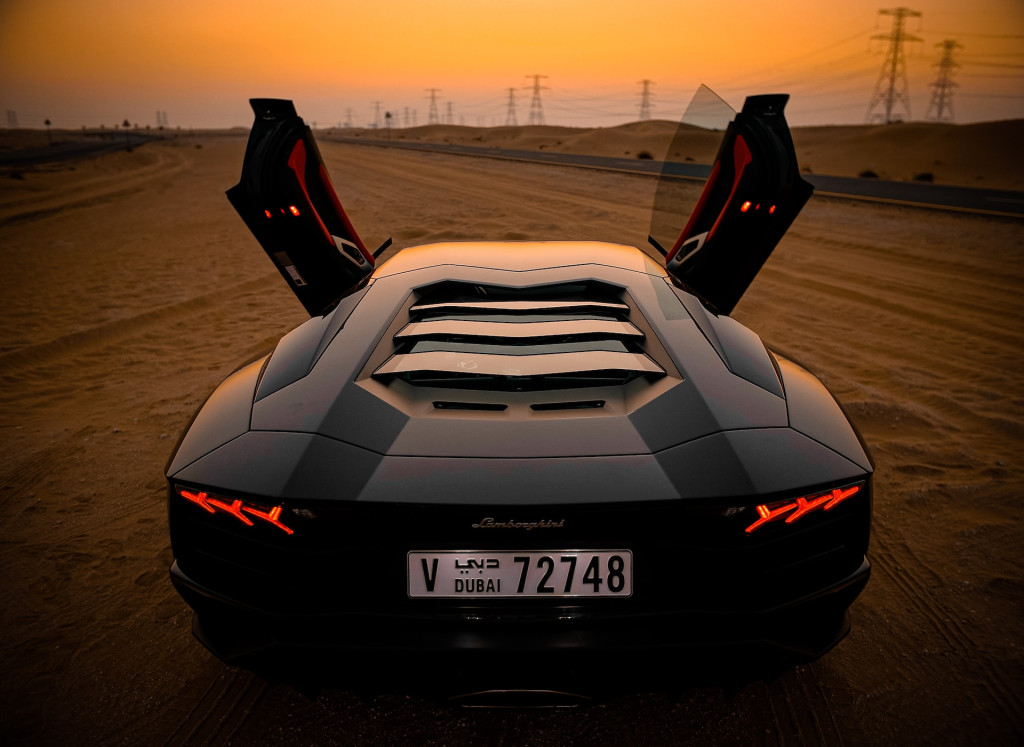 Photo by Felipe Simo on Unsplash
Photo by Felipe Simo on Unsplash
8. Status Pressure
Owning a luxury car often comes with societal pressures to maintain a certain image or status. While it may not seem like much, it can be very stressful trying to constantly create a positive image of yourself. This can include things like dressing a certain way, living in a specific neighbourhood, or even dining at the right places. For some, this status pressure can lead to unnecessary stress and financial strain.
 Photo by freestocks on Unsplash
Photo by freestocks on Unsplash
9. Limited Accessibility to Service Centers
If your luxury car needs service or repairs, you may quickly realize you’ll have to travel farther than usual to find a certified mechanic or service center. This can add to the list of inconveniences as an owner, as the number of mechanics or service centers qualified to work on these types of high-end vehicles is typically lower than for mainstream brands.
 Photo by Aaron Huber on Unsplash
Photo by Aaron Huber on Unsplash
10. High Financing Costs
Financing a luxury car is far more expensive than a standard car. Given their high sticker prices, the interest paid over the life of a car loan can be substantial. Furthermore, some lenders may charge higher interest rates for luxury cars, viewing them as higher-risk loans due to their fast depreciation and high repair costs.
 Photo by Mufid Majnun on Unsplash
Photo by Mufid Majnun on Unsplash
11. High Cost of Parking and Storage
Owning a luxury car means investing in secure parking or storage solutions to protect your expensive asset. Because really, do you want to just park your very valuable car on the side of the street? While this might not be a problem for owners with ample parking space at home, it can become a significant cost for those living in apartments or city centers. Premium parking spots in urban areas come at premium prices. For those considering a luxury car, it’s an essential cost to factor in.
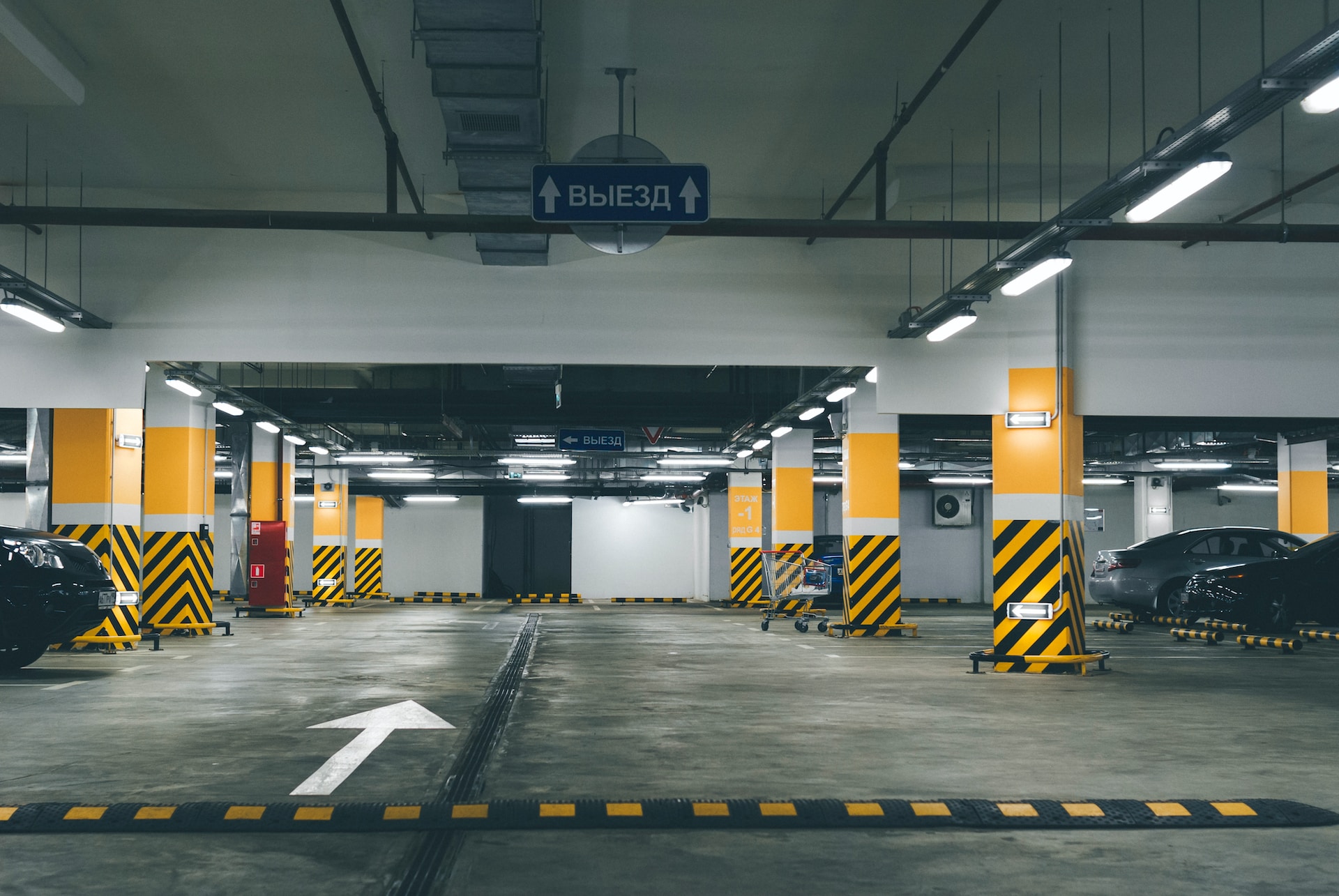 Photo by Egor Myznik on Unsplash
Photo by Egor Myznik on Unsplash
12. Unfavourable Environmental Impact
It’s sad to say, but unfortunately, many luxury vehicles are still reliant on fossil fuels, often requiring high-octane gasoline for optimal performance. These cars have a larger carbon footprint due to lower fuel efficiency and high emissions. While there are hybrid and electric models in the luxury segment, they’re still not as abundant compared to the mid-range segment. Therefore, for all your environmentally conscious individuals, purchasing a luxury car may directly clash with your sustainability values.
 Photo by Photo Boards on Unsplash
Photo by Photo Boards on Unsplash
13. Limited Off-Road Capability
Most luxury cars, especially sports and supercars, are designed solely for smooth, paved roads that provide optimal driving experience. While they provide premium comfort for these specific scenarios, this design focus can limit their capabilities in off-road or harsh weather conditions. This could be a major downside for those living in areas where such conditions are frequent, or for those who like taking their car off-road.
 Photo by Patrick Hendry on Unsplash
Photo by Patrick Hendry on Unsplash
14. Constant Technological Upgrades
Constantly featuring the latest technology, it can be an annoyance when your luxury car quickly becomes outdated. Manufacturers are constantly making new innovations, outputting new tech and new upgrades. If your car can’t keep up, this could result in you losing its cutting-edge appeal within a few years, drastically affecting its resale value. While updates are possible for some features, many hardware-based technologies would require purchasing a new model. The unnecessary pressure to “keep up” could be too stressful for some.
 Photo by Malte Helmhold on Unsplash
Photo by Malte Helmhold on Unsplash
15. Unexpected Loss of Value
Last but not least, there are certain events that could cause your luxury car to lose value unexpectedly. For instance, if the manufacturer releases a new model, it might render your vehicle far less desirable, causing a sharp drop in its resale value. Similarly, if there’s a significant recall or an issue with a brand, it will also impact your car’s value. While this risk exists for all car owners, the financial impact is simply much larger for luxury car owners due to the high initial cost of their vehicles. There’s just so much more to lose.
Did we put a bit of a damper on your dream of owning the fanciest, most expensive luxury car? Sadly, that’s just the price of reality. While high-end cars are definitely stunning to look at and provide incomparable performance, these 15 factors can’t be ignored. If you ever find yourself in a position to consider purchasing a luxury vehicle, don’t forget to take into consideration these valuable points.



